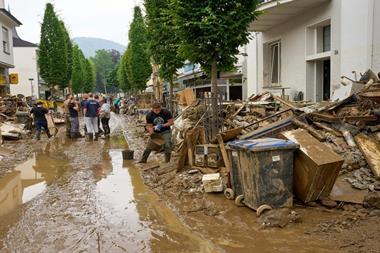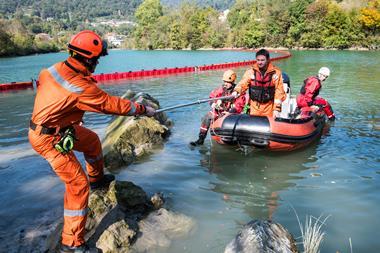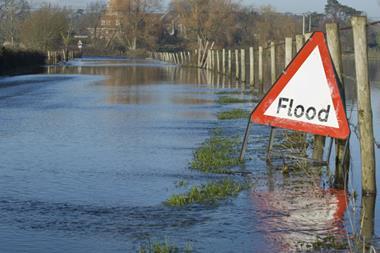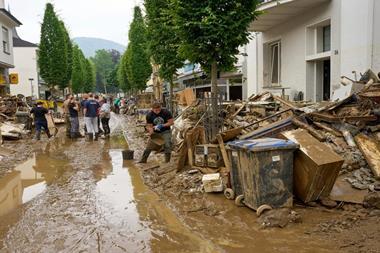Several dams burst across Germany after extreme flooding, leaving at least 180 dead and hundreds more missing
Hundreds of people are missing and at least 180 dead after the worst flooding in decades hit western Germany.
The death toll is the highest of any natural catastrophe in Germany since a deadly North Sea flood in 1962 that killed around 340 people. Floods at the Elbe river in 2002 killed 21 people in eastern Germany and more than 100 across the wider central European region.
Entire communities lie in ruins after swollen rivers swept through towns and villages in the states of North Rhine-Westphalia and Rhineland-Palatinate.
Julia Graham, CEO of Airmic commented: “As a profession, we are experienced in considering scenarios, including floods and other natural disasters.
”However, the magnitude and speed at which the floods emerged and the tragic consequences, are hard for even the most seasoned of professionals to imagine - including climate scientists, who were shocked.”
“Other countries have rallied with compassion and energy to provide support. However, the level of shock and surprise, has served to demonstrate the need for society to invest in a better capability of predictive climate analytics, on a global scale, if we are all to be better prepared for future events.”
Widespread dam failures
Some infrastructure has been completely destroyed and several dams burst in parts of the country.
“Floods have caused devastating and deadly impacts in villages and small cities situated upon minor rivers, as evidenced by the terrible images coming from Belgium, the Netherlands, and Germany,” noted cat modeller RMS in a statement.
”On a more worrying note, the final financial and human impact of these floods are yet unknown as floodwaters are expected to rise further over the coming days, potentially near cities with greater populations.”
But the situation could have been worse, said RMS. “As devastating as the effects already have been, it is important to note that in the wake of past floods, mitigation measures have been implemented across Europe and their performance will have significant influence on how much damage the current floods will cause.”
”The flooding recorded to date would have covered a much more widespread area and caused far more damage than we’ve already seen, if it were not for these measures already in place.”




















No comments yet